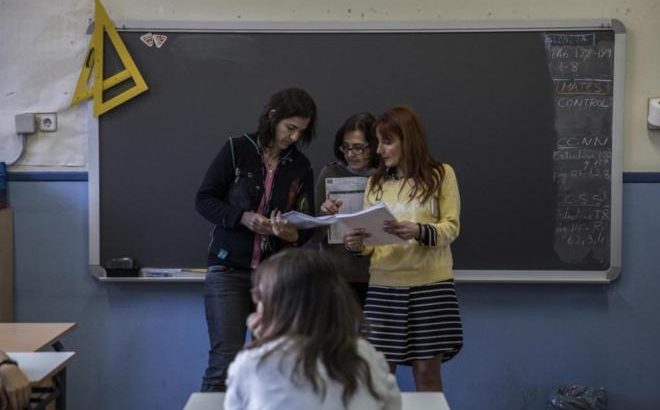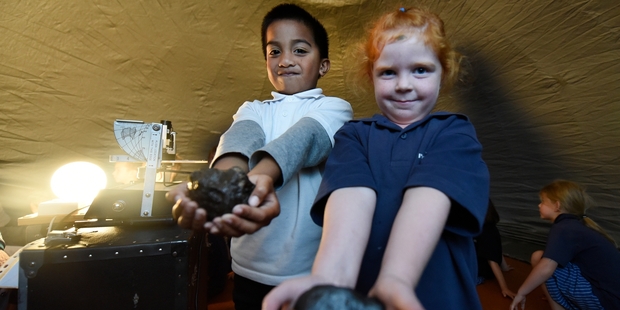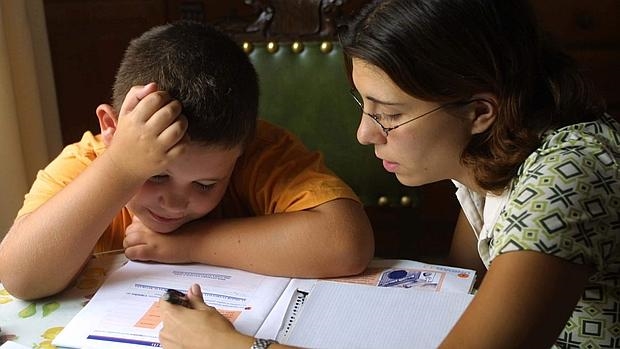España: Estudiantes y familias piden a todas las autonomías que «no apliquen» ninguna de las reválidas
España/ Mayo de 2016/El Mundo.es
El ministro de Educación en funciones, Íñigo Méndez de Vigo, se reúne mañana con las comunidades autónomas para tratar de llegar a un acuerdo sobre las reválidas de Secundaria, un día después de que cuatro regiones hayan estrenado las nuevas evaluaciones finales de Primaria. La Confederación Española de Asociaciones de Padres y Madres de Alumnos (Ceapa) y la Confederación Estatal de Asociaciones de Estudiantes (Canae) han pedido esta mañana a todos los gobiernos autonómicos que no apliquen ninguna de estas pruebas.
Por un lado, instan a las autonomías que aún no han realizado el examen de Primaria (para alumnos de 11 y 12 años) a que no lo hagan. Por otro, reclaman que se nieguen ante el Gobierno a poner en marcha el curso que viene las reválidas de la ESO (15 y 16 años) y Bachillerato (17 y 18 años), cuyo decreto aún no ha sido aprobado.
El motivo para paralizar estas pruebas, que constituyen uno de los pilares de la Ley para la Mejora de la Calidad Educativa (Lomce), es que están generando una situación de «inestabilidad» y «desconcierto» en la comunidad educativa.
«Los estudiantes, a día de hoy, no saben si van a tener que hacer o no las reválidas», ha explicado Carlos López, presidente de Canae, que agrupa a 300 asociaciones de estudiantes.
Una decena de autonomías (las no gobernadas por el PP) aún no han concretado la fecha exacta de sus pruebas de Primaria, que las comunidades ‘populares’ están realizando ya. Los padres no saben si sus hijos van a tener que pasar o no en los próximos días por este examen que se hace de una forma distinta según en el lugar en donde vivan.
Tampoco saben si tendrán que hacer o no reválidas los alumnos que en septiembre se incorporen a 4 de la ESO y a 2 de Bachillerato. La incertidumbre se extiende a los profesores y directores, que necesitan contar ya con esta información para planificar el curso.
Tanto la Ceapa (que representa a tres millones de familias) como Canae son partidarios de evaluar el sistema educativo, pero consideran que no se han planificado bien ni las pruebas de Primaria ni las de Secundaria. Ni siquiera son partidarios de las evaluaciones alternativas planteadas por el PSOE. «No están maduradas, se han planteado como una forma de salir del paso», ha considerado Jesús Salido, presidente de la Ceapa.
¿Qué critican exactamente de todas estas pruebas? Carlos López, presidente de Canae, argumenta que son «demasiado largas», que el formato tipo test no es el adecuado para evaluar las competencias del alumnado y que «los profesores se ven obligados a llegar a un currículo que es demasiado extenso» y dedican el curso a entrenar a los estudiantes para aprobar el examen, en vez de para formarles y educarles.
Salido añade que, en la práctica, esta prueba «sí que tienen efectos académicos», en contra de lo que dice el ministro, porque «sus resultados constan en el expediente académico del alumno y son tenidos en cuenta por los profesores a la hora de decidir si pasa o no de curso».
Estudiantes y familias se muestran partidarios de la evaluación continua y aseguran que estas pruebas suponen que el estudiante se lo juegue todo «en un solo día».
«¿Y qué pasa si el estudiante aprueba el curso y no la reválida de la ESO? Esto mismo le pregunté a un alto cargo del Ministerio y nos dijo que tendría que irse a la FP», ha contado Salido.
Ésta es la principal crítica que familias y estudiantes hacen a las reválidas de Secundaria: «Suponen un obstáculo al acceso a la educación» porque quien no las apruebe ni obtendrá el título ni podrá seguir estudiando.
La Ceapa y Canae culpan de esta situación «al conjunto de todos los partidos políticos» y al Ministerio e instan a alcanzar un Pacto «que nazca del conjunto de la comunidad educativa».
Por: OLGA R. SANMARTÍN
Fuente:
http://www.elmundo.es/sociedad/2016/05/12/57344f1fca47413c568b45a6.html
Foto:
http://e03-elmundo.uecdn.es/assets/multimedia/imagenes/2016/05/12/14630457069520.jpg














 Users Today : 6
Users Today : 6 Total Users : 35461192
Total Users : 35461192 Views Today : 10
Views Today : 10 Total views : 3421109
Total views : 3421109